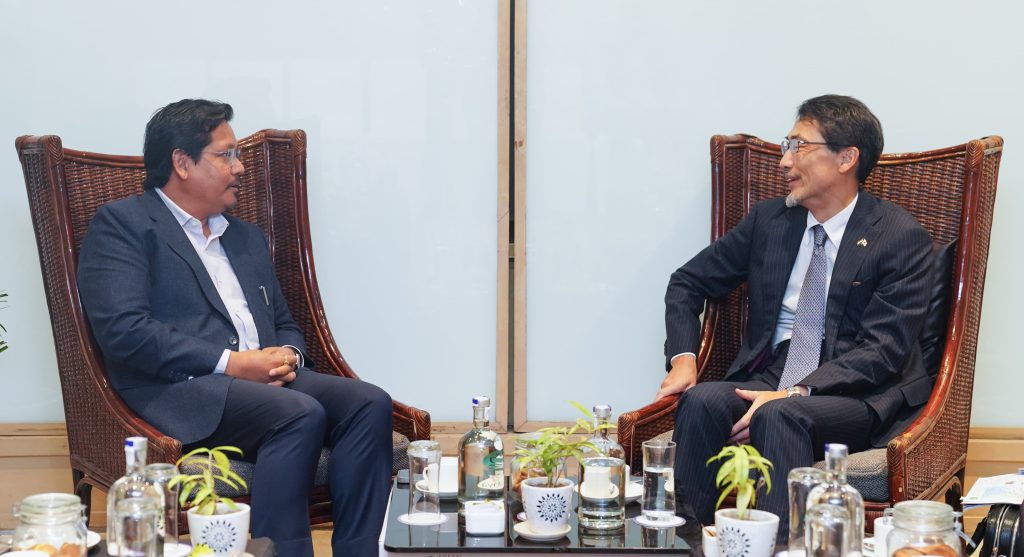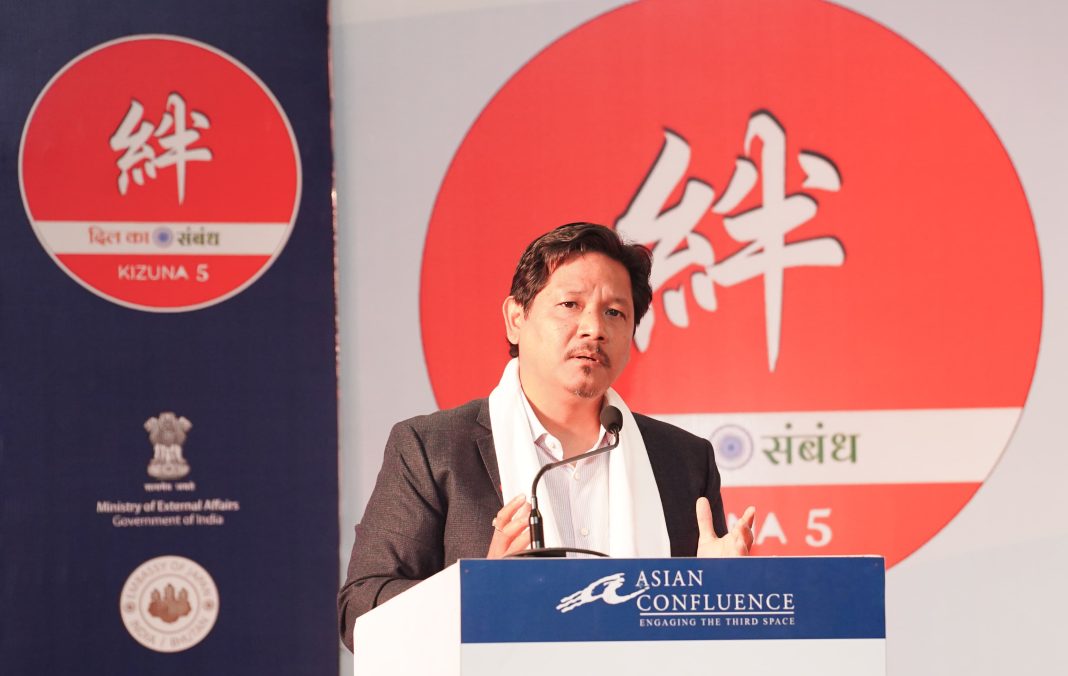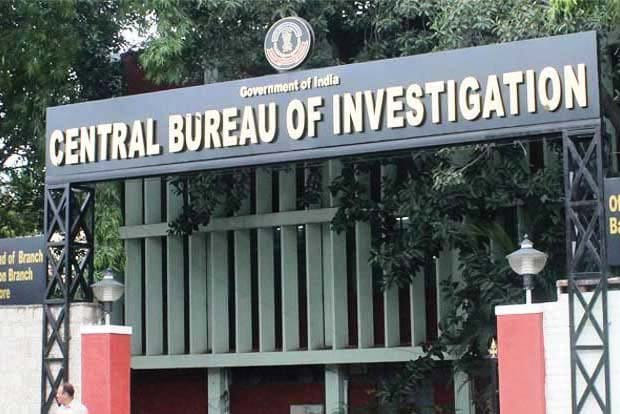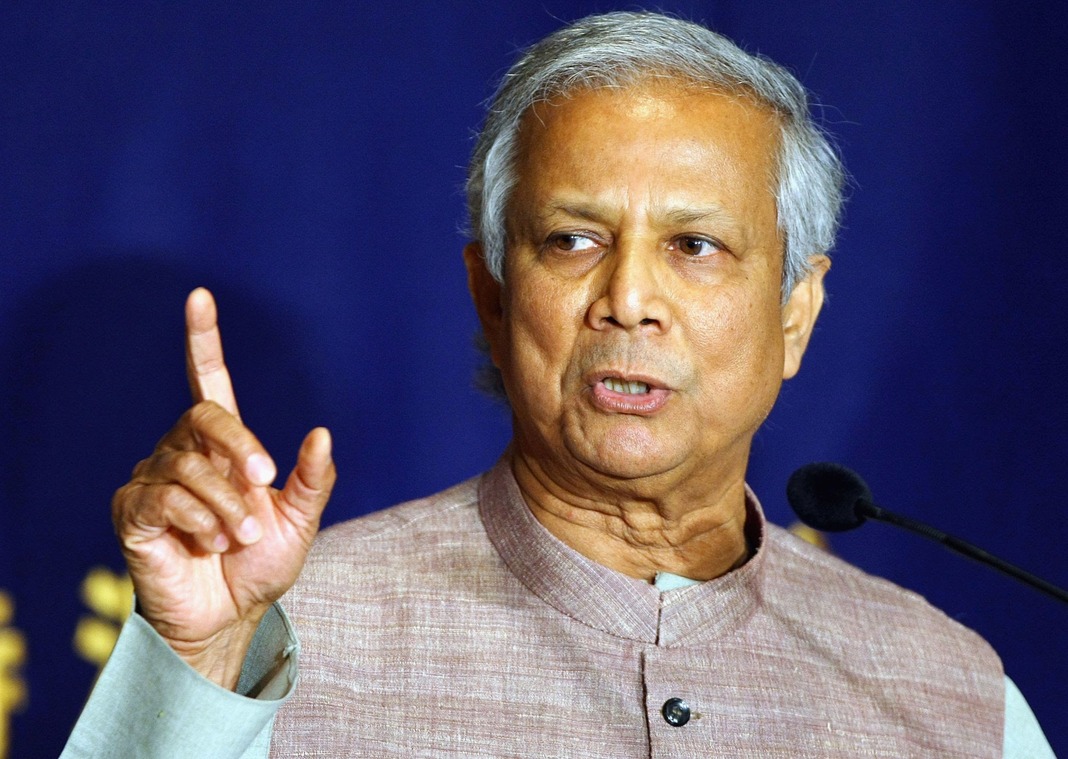Guwahati, Feb 7: Meghalaya Chief Minister Conrad K. Sangma on Friday said Meghalaya does not want just to be a participant but a leader in the evolving India-Japan partnership, paving the way for economic growth and international collaboration.
Sangma emphasized continued cooperation between the two nations through Meghalaya’s initiatives, including human resource exchanges and agricultural innovation.
Speaking at the 5th India-Japan Conclave in Guwahati, Sangma emphasized Meghalaya’s strategic approach to leveraging Japan’s expertise and investment. “We firmly believe in building a strong partnership based on trust. Prime Minister Narendra Modi has laid a strong foundation for India-Japan ties, and we are committed to building on that for mutual economic prosperity,” he said.

With a focus on youth empowerment, the Chief Minister shared his government’s success in sending nurses from Meghalaya to work in Japan. What started as a modest recruitment effort is now on track to scale up dramatically.
“Initially, our youth were hesitant. Parents worried about their safety, and the high cost of language training was a major barrier,” Sangma recalled. “The state stepped in, offering financial support and ensuring safety measures for our young professionals.”
The intervention paid off. “I personally accompanied the first batch to Japan,” he said. “Today, 50 nurses are already employed there, and 500 are undergoing Japanese language training. We aim to train up to 3,000 nurses, with the potential to reach 5,000 in the next four to five years.”
Beyond healthcare, the state is exploring training opportunities in other sectors to bridge the human resource gap in Japan. “Nearly 45% of Meghalaya’s population is under 19. That’s a huge advantage. We’re creating pathways for our youth to explore global opportunities,” he noted.
Meghalaya has already partnered with Japan’s Yats Corporation Company Ltd to introduce advanced equipment for Shiitake mushroom cultivation. “This is just the beginning,” Sangma said, hinting at more collaborations in agriculture and technology.
Highlighting the importance of infrastructure for economic growth, Sangma pointed to the Phulbari-Dhubri bridge project as a future economic corridor linking Northeast India with Bangladesh. “Connecting this to existing road networks will increase investment value and open trade corridors,” he explained.
“The Northeast has immense untapped potential. By uniting as a region, we can become a significant player in international trade and commerce,” he asserted, signalling a bright future for the state on the global stage.




